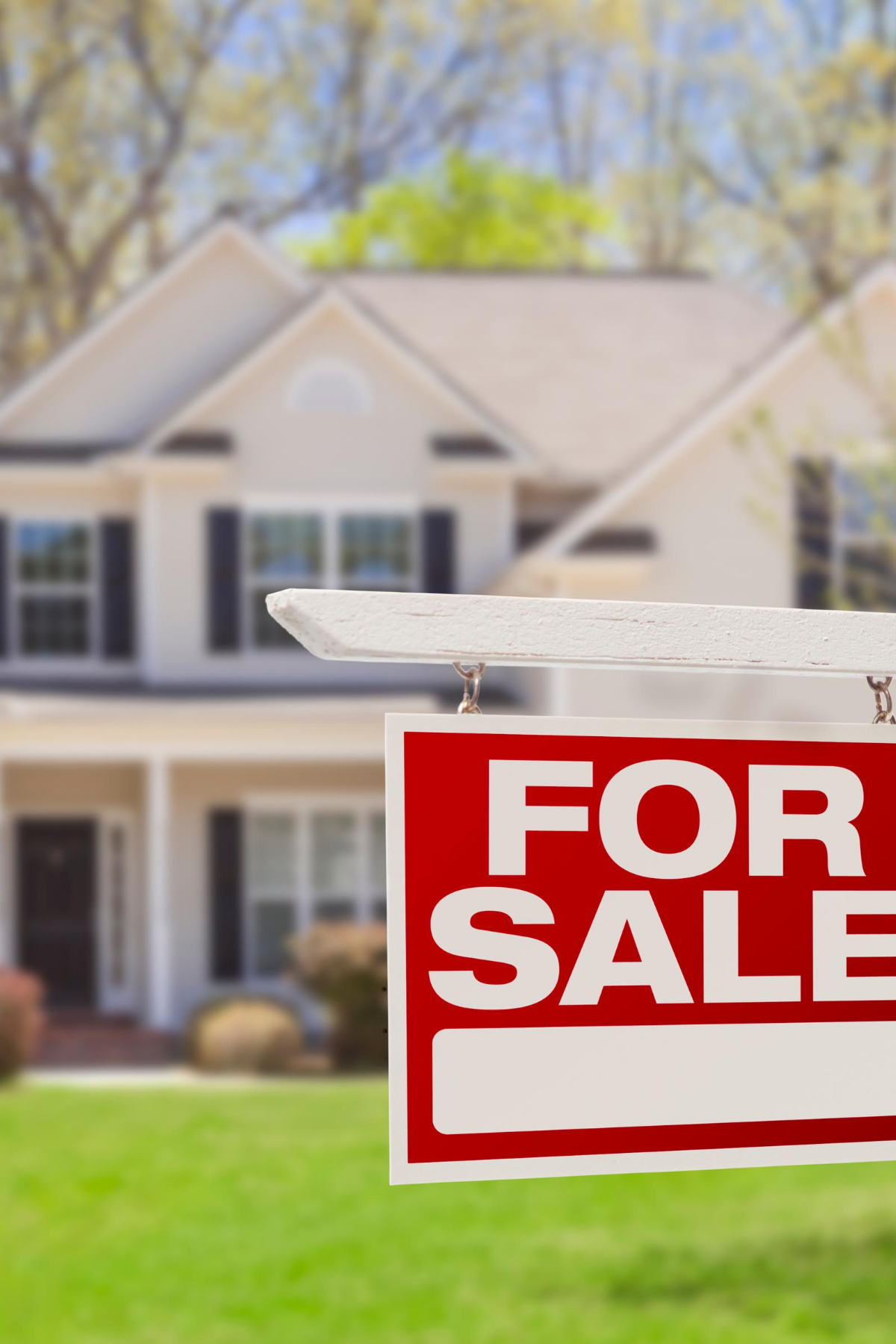
I’ve been thinking about writing this for a while but, once again, have had imposter syndrome. Truth is, I’ve been through the home buying process three times now (one fell through) so I certainly have more experience than many unmarried 30-something women.
No matter how you slice it, home buying is a grueling process. It’s emotional, violating, slow and volatile. But, believe it or not, it is SO worth it. Here I’ll answer some questions I’ve received as best I can. As always, consult with your financial planner to decide what’s best for you before making any major decisions! Home buying makes sense for a lot of people, but might not make the most sense for you.
If you can swing it, though, now is a FANTASTIC time to buy because interest rates are the lowest they’ve been in over twelve years! I got a 2.9% on my new condo which I’m thrilled about!
How much can I afford?
Before you even THINK about home buying, you need to get pre-approved. Talk to a lender but you’ll need to prove income, credit score, assets, monthly expenses, etc. I’m not going to say that the pre-approval means nothing, but I’m not going to say it’s iron-clad either. Read carefully- DO NOT GO TO THE TOP OF WHAT YOU’RE APPROVED FOR. Got it? Got it. I’ll talk more about the approval process later, but the odds of getting approved for a property that isn’t at the top of your budget is much more likely. Just because you get pre-approved does NOT necessarily mean you’ll get actually approved. Trust me when I say this is all for the best. You do not want to be house poor and buying a house at the top of your budget WILL make you house poor. I promise you.
My credit score isn’t great. Should I still buy a house?
Of course that’s up to you, but I’d rather you get to the “good” or “excellent” range before you even start to think about it. People with bad credit scores can still get loans but the interest rate is going to be significantly higher, costing tens of thousands in the long run.
How much should you save for a down payment?
If you had asked me this when I was buying my first place in 2014, I would have told you, without exception, put 20% down. Back then the PMI (private mortgage insurance) would have ended up being an additional $200/month which adds up FAST. Today, it’s significantly less (mine on my new property is $20/month) if you’re able to put 15% down. I would *almost* say that it makes more sense to put 15% down so you have a little wiggle room for added expenses. Which brings me to my next question..
How much should you really save above the down payment for unexpected costs?
Yes. I know that isn’t a yes or no question, but the short answer is to save as much as you can OR ask the sellers to cover the closing costs, which they may or may not agree to. One thing I have found is that closing costs are unpredictable and even the online “closing cost calculators” can underestimate them substantially.
So, what’s so bad about the home buying process?
You got an accepted offer (yay!) but remember, it’s not over until it’s over. Do your best to not get emotional. Typically you’ll need to send an “earnest check” for $1,000 to the title company as soon as your offer is accepted. This is to show you’re serious about the offer and you intend on going through with it.
Then you’ll have an inspection. This will cost anywhere from $350-$1,500 and the inspector will look at every little detail on your new property and write up a report of everything that is wrong. You can then ask the seller to fix things but they don’t have to. If something janky is in the inspection that the seller is unwilling to fix, you’re allowed to walk away from the offer if you’d like.
In the meantime, you’ll need to provide all your financials to your loan officer. This includes recent pay stubs, all of your savings, checking, investment and retirement accounts. Also be able to explain where every frickin penny of your income is coming from. If you thought this was a good time to do something illegal to earn a little extra cash, think again.
I find the process very violating. Finances are a personal thing and it isn’t fun to have to explain yourself for every little thing. It’s worth it in the end, to be sure, but it sucks when you’re going through it!
Should you always use a realtor?
I know plenty of people might argue with me on this, but my answer is a resounding yes especially for first-time home buyers. Does it cost more? Yes, but it’s so insignificant and it’s SO worth it. Make sure you work with someone who you’re comfortable with and is very communicative. I love mine (here’s her link) because she is not only extremely knowledgable but also puts my mind at ease when things are stressful.
What happens if you need to move before you finish paying off the house?
You get a big ol’ check, that’s what 😉
The vast majority of people move long before their mortgage is paid off and that’s more than OK. I’ll explain.
Suppose you buy a $250,000 house with a 20% down payment. The conventional 30 year loan then is for $200,000 because you’ve put $50,000 down. You stay in your house for seven years and the balance on your mortgage is $165,000. During those six years, your house has increased in value to $275,000. You get a full-priced offer and after seller’s closing costs and realtor commission, you’re walking away with a check for roughly $95,000. If that hasn’t convinced you enough, a $1,200 monthly rent (which is roughly what a 30 year monthly mortgage payment is) for six years would cost you $86,400. You have to pay to live somewhere, so you might as well make your money work for you.
What mortgage terms should you agree to?
For the Love of God, do a fixed rate. If you can do a 15 year, awesome. If not, do a 30. If you can’t do a fixed rate, don’t buy a house. I have heard of far too many people doing an ARM (adjustable rate mortgage) that shoots up in monthly payment costs, putting them in situations that they can’t pay and they have to forfeit the house. Bad idea. Don’t do it.
First time homebuyer programs–yes or no?
I did when I bought my first place and it’s been great. The tax credits are insane and I haven’t regretted buying my first place for a minute. Home ownership has been a great experience for me.
What should I look for when home shopping?
In my opinion, something that you can see yourself in for a while. The longer you’re able to be in a house, the longer it will have to appreciate in value and you can get the most for your money.
Are you looking to take advantage of these awesome interest rates? Do you have any more questions? I’d be happy to do another post on this if there’s much interest! Have a great weekend!


This is an incredible post! My husband and I just bought our first home about 8 months ago and this is such a helpful resource that we really would have used!! Great job!